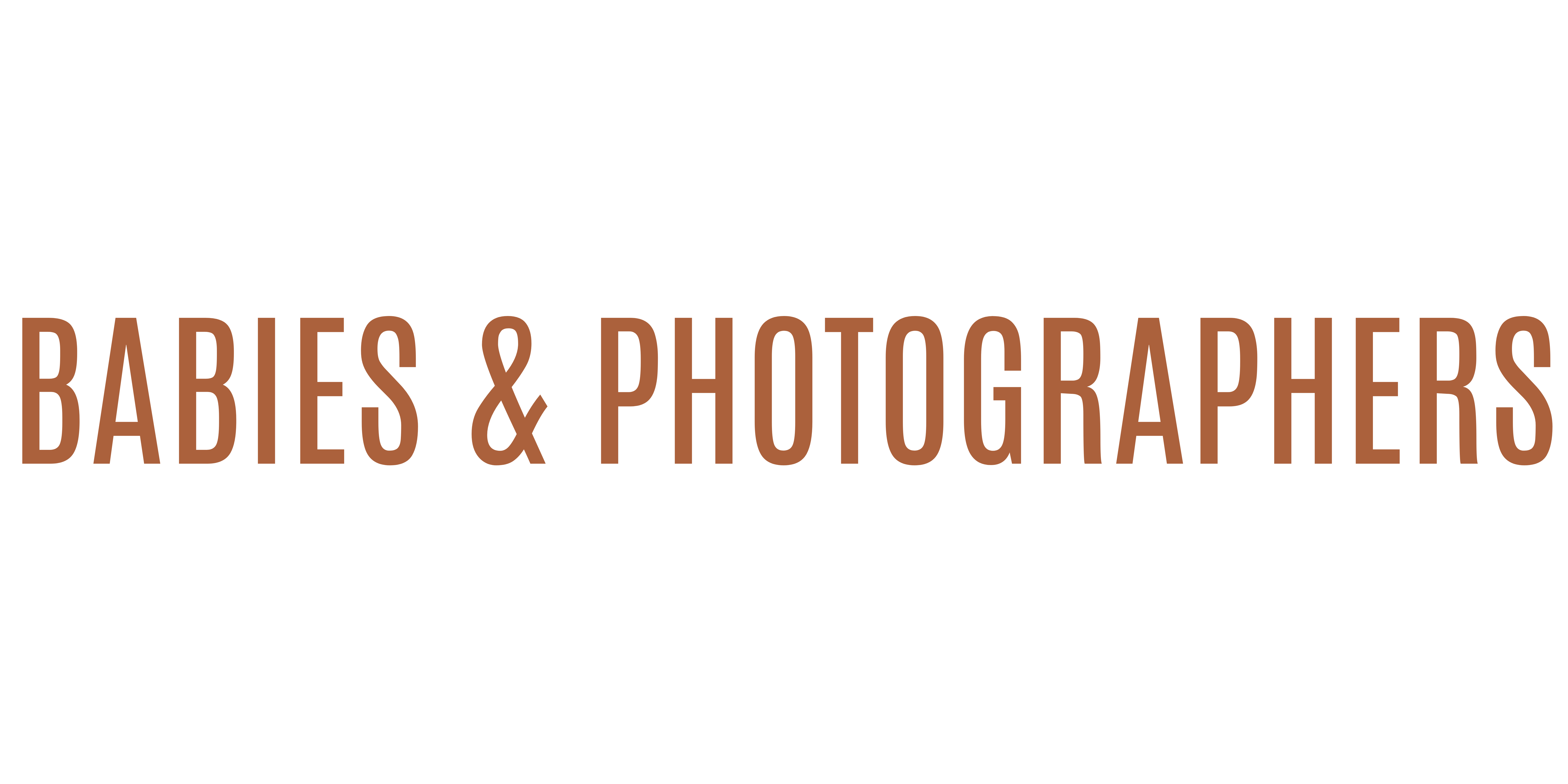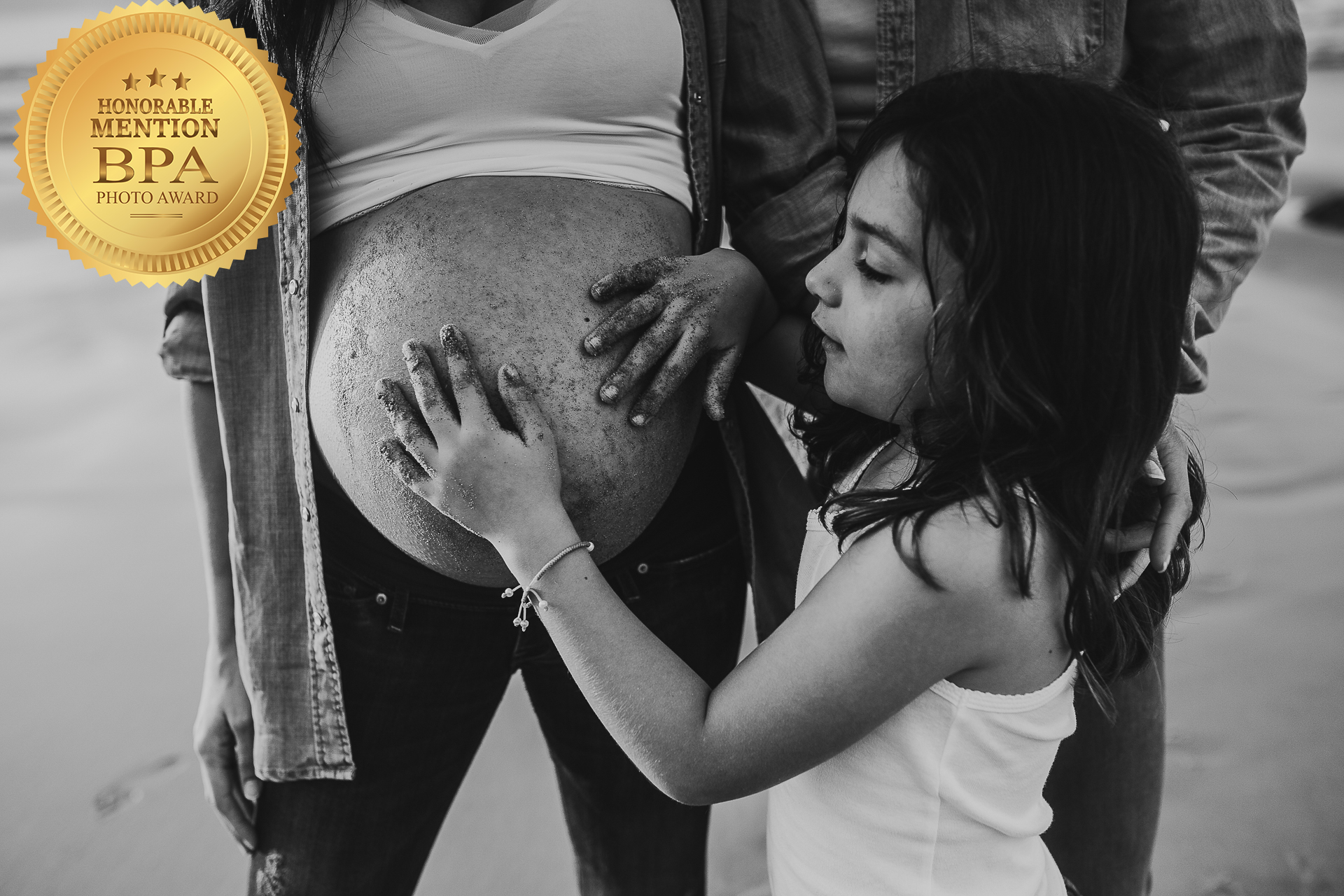Nutrition during pregnancy should be examined as pre-pregnancy, pregnancy period and postpartum puerperium.
Because the preparation for pregnancy should start with a healthy diet, during pregnancy it is necessary to choose nutrition that will benefit both the mother and the baby, while at the same time, the vitamins and minerals that the mother and the baby will need should be given to the mothers who do not consume them.
- Omega 3, fish oil support is also fish
- Vitamin D, calcium, folic acid deficiency must be supplemented. There will be no problem in the mother-to-be in folic acid deficiency, but there will be a risk for the development of spina bifida in our baby.
- While calcium and vitamin D deficiency can cause bone pain, low back pain, dental diseases and dental caries in the normal life of the expectant mother, severe deficiencies can cause bone diseases such as rickets in the baby.
- Before pregnancy and during pregnancy, nutrition should be avoided by avoiding carbohydrates, sugar and especially white flour products.
- Losing weight will make it easier to get pregnant, and getting pregnant with the ideal weight will help you to return to your ideal weight quickly during pregnancy and puerperium.
- When it comes to pregnancy, the mother’s energy, protein, vitamin and mineral needs increase. Your baby’s only source of nutrition is you, the mother.
- Milk and dairy products, legumes, nuts can be consumed.
When it comes to nutrition during pregnancy, a balance of vegetables, fruits, red-white meat should be provided, carbohydrates, fats and sugars should be avoided. It is never zero consumption, but attention should be paid to sugar in order to maintain the balance. Because the pregnancy period is a period when the tendency to diabetes increases physiologically. Insulin resistance may peak between 24-28 weeks, especially in the 2nd trimester, which is why gestational glucose testing is recommended during this period.
If we are considering a planned pregnancy before pregnancy, what can we take as a supplement?
- Folic acid is very important for our babies.
- Vitamin D, Omega 3 is important for both the baby and the expectant mother. If there is an iron deficiency, iron deficiency anemia must be corrected before pregnancy.
- Omega 3, fish oils, as a matter of fact, the fatty acids we call EPA and DHA should be taken from the outside as supplements because they are not produced in our body.
- We know that it contributes to the motivation and mental health of our mother both during pregnancy and puerperium, but it has very important contributions to the development of the brain, retina, eye and nervous system for the baby both during pregnancy and breastfeeding. Therefore, even women who consume fish will benefit from taking omega 3 supplements. In addition, there are scientific publications showing that omega 3 fatty acids reduce the risk of premature birth. Since breast milk will be the only source of omega 3 for our babies during breastfeeding, supplements should continue in the puerperium.
- In folic acid deficiency, in addition to the neural tube defects that we know and see most frequently, cleft lip and palate, cardiac anomalies, miscarriages and preeclampsia in the expectant mother can also be seen. For this reason, while pre-pregnancy deficiencies are replaced, Folic acid supplementation continues during pregnancy.
- Iodine deficiency is also an issue that we have focused on in recent years, it is thought that iodine deficiency may cause infertility, and it has been shown that it can cause miscarriages, stillbirths, births of low-weight babies, that is, growth retardation during pregnancy, and may cause thyroid dysfunction in the mother and baby. For these reasons, supplementation is definitely recommended for those with iodine deficiency.
- Vitamin D deficiency can be seen in vegetarians, those who do not get enough sun, those who prefer closed clothing, and those with dark skin. In vitamin D deficiency, there may be defects in the formation of the baby’s skeletal system, congenital rickets and newborn fractures. Therefore, its deficiency and supplementation is a very important vitamin.
- The World Health Organization routinely recommends folic acid, vitamin B 6, vitamin C and iron during pregnancy.
- Zinc is also present in certain amounts in many pre-pregnancy, pregnancy and puerperal supplements. The reason for this is that scientific studies and studies have shown that it has effects on the growth and development of the fetus and the immune system, and it has been stated that growth retardation, stillbirths and some congenital anomalies are encountered in the deficiency during pregnancy.
- Vitamin B complexes and especially vitamin B 6 are effective in retinal development and are also used in the prevention and treatment of nausea and vomiting during pregnancy.
- Vitamin C contributes to the strengthening of the immune system during pregnancy, as it is in every period of our lives, and increases the absorption of iron.
- The birth occurred during the postpartum period, but the health of our mother should not be forgotten. Therefore, if there are iron, omega 3 and missing vitamins or minerals, support should be given. Postpartum fatigue and weakness can be signs of iron deficiency, so iron supplementation should be continued, and since the puerperium process can be difficult, omega 3 can continue to support our mother’s mental health and psychology.
- During pregnancy, fluid intake in the puerperium is also very important. While it is recommended to consume 2.5-3 litres of water during pregnancy, this habit should be continued during the puerperium, and the importance of fluid intake should not be forgotten in order not to reduce breast milk.



![🚨 LAST DAY TO ENTER THE BPA PHOTO AWARDS 2024! 🚨
This is it—the final hours to submit your work to the most prestigious photography awards of the year. No extensions. No second chances.
Why wait? Your moment is NOW.
📸 36 world-class judges—the leaders, educators, and trailblazers of our industry—are ready to see YOUR work. This is your chance to be recognized by the very best in photography.
✨ Compete in 5 categories:
Newborn
Maternity
Family
Cake-Smash (Birthday)
Kids
Winning isn’t just about the title; it’s about claiming your spot as an award-winning photographer—a title that truly means something when it’s from BPA.
⏳ The clock is ticking. The countdown is real.
📥 Submit now before midnight: [Link in bio]
Don’t let your talent go unseen. This is your time to shine, inspire, and elevate your art. Let’s make 2024 your year to remember.
#BPAwards2024 #LastChance #AwardWinningPhotographer #PhotographyAwards #CaptureTheBest #ShapingTheIndustry](https://www.babiesandphotographers.com/wp-content/plugins/instagram-feed/img/placeholder.png)
0 Comments